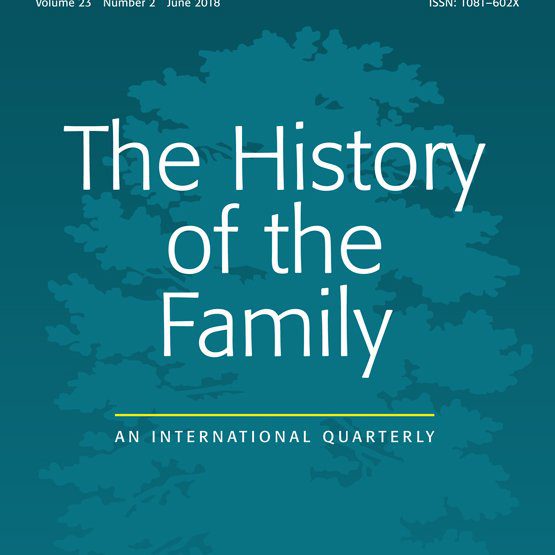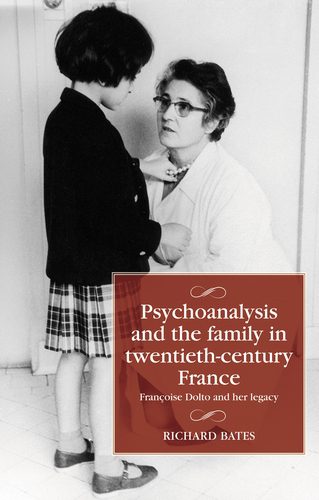
Psychoanalysis and the Family in Twentieth-Century France: Françoise Dolto and Her Legacy

news, new scholarship & more from around the world


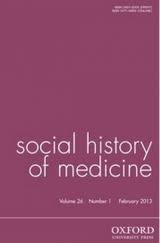




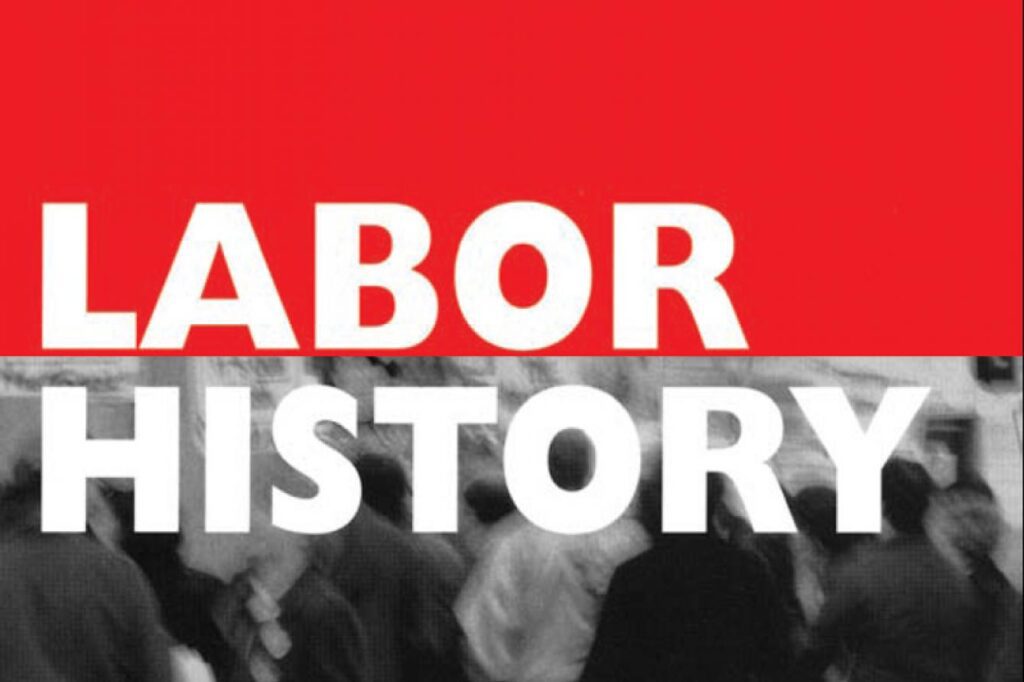
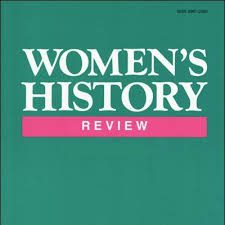


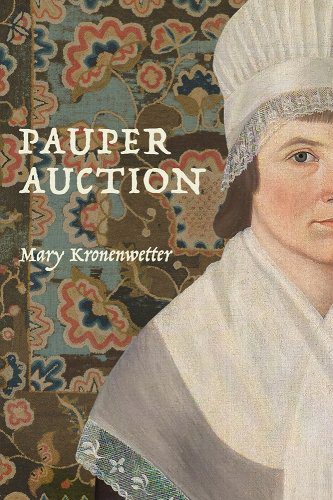
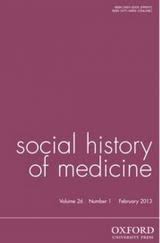
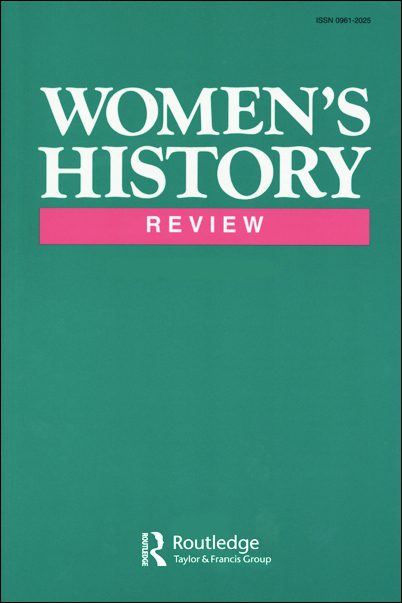




Volunteers from UCLA answered calls from distressed citizens on phones that were normally used during KCET-TV’s pledge drives. Joe Nunn (center, in jacket and tie), now a UCLA professor emeritus, was among those who participated.






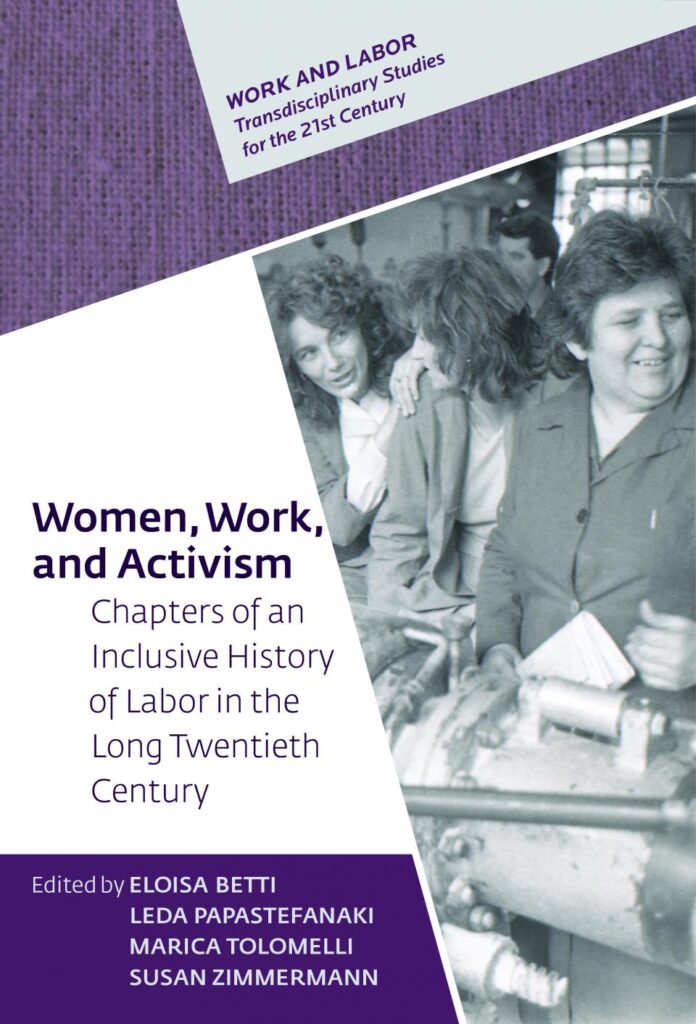

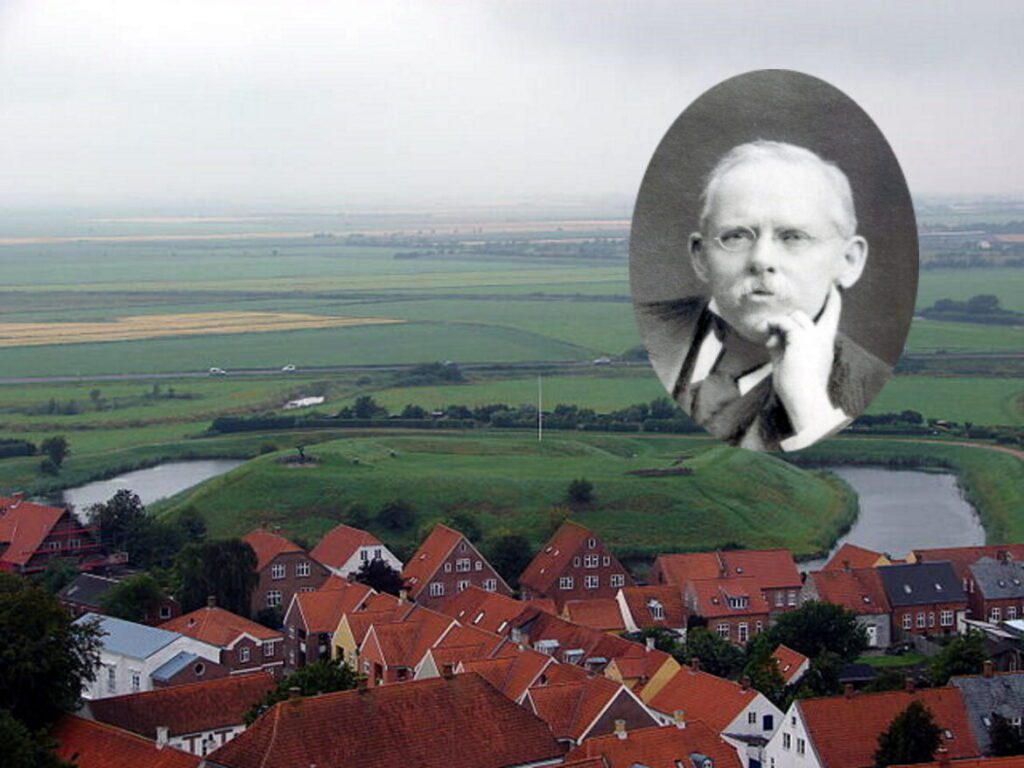

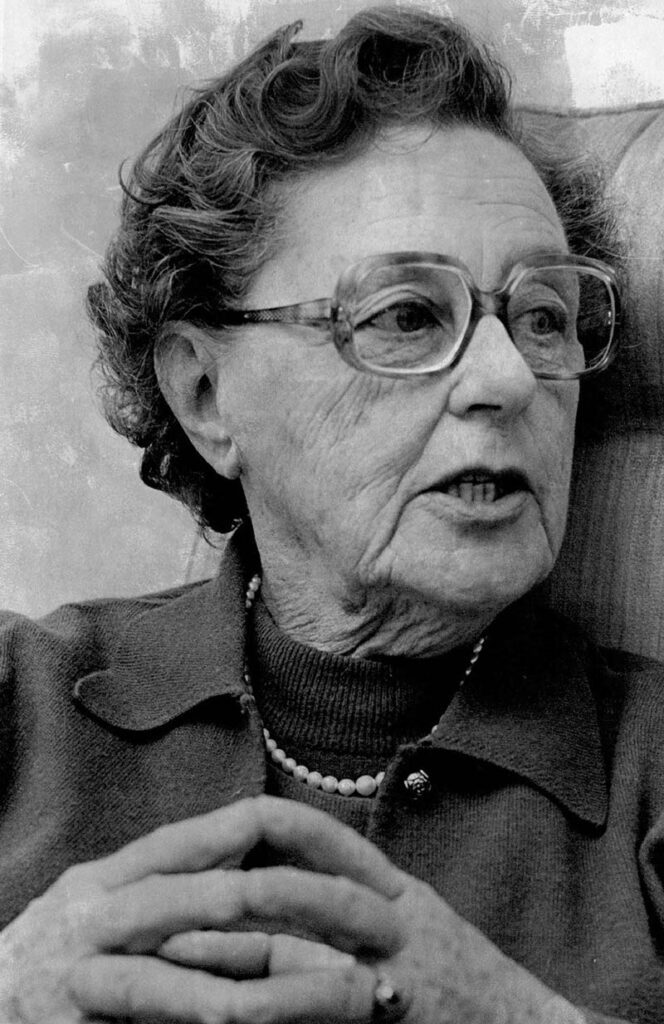
Dr. Claire Weekes distilled her understanding of ‘nervous illness’ into a six-word mantra for overcoming anxiety: face, accept, float, let time pass.


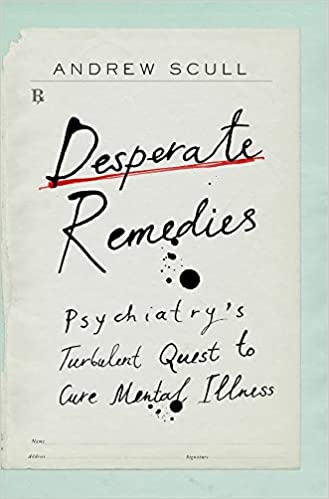



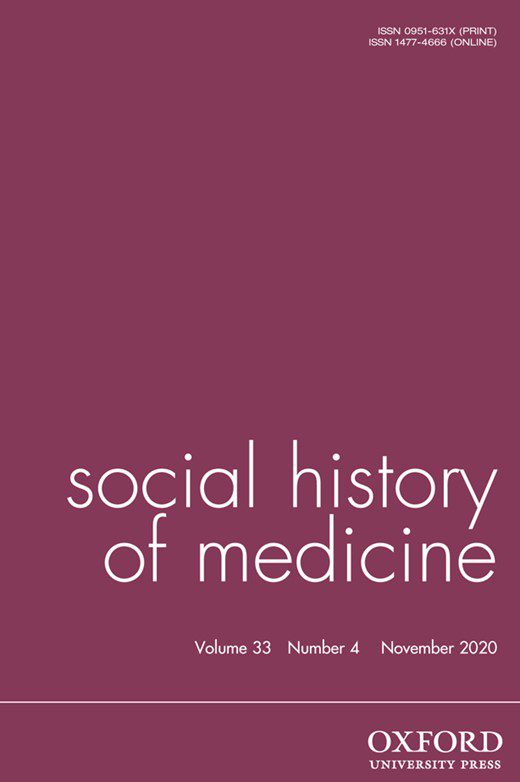
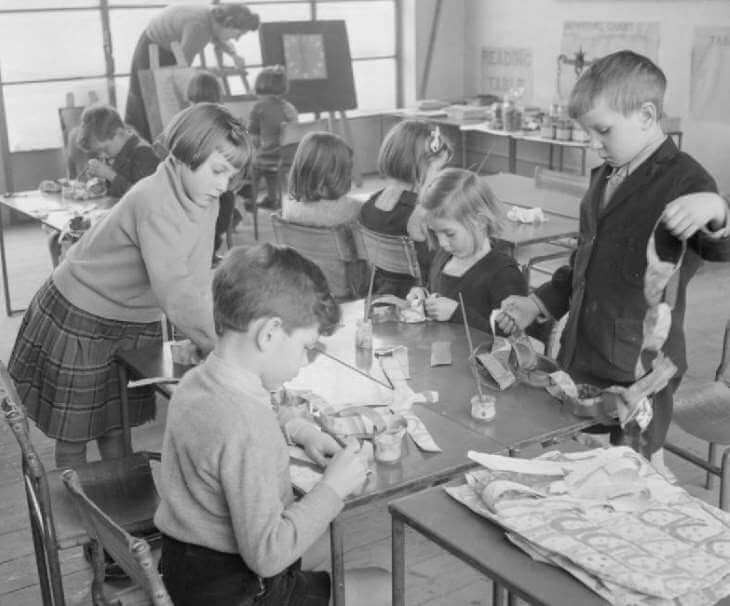
Making paper chains for Christmas at school


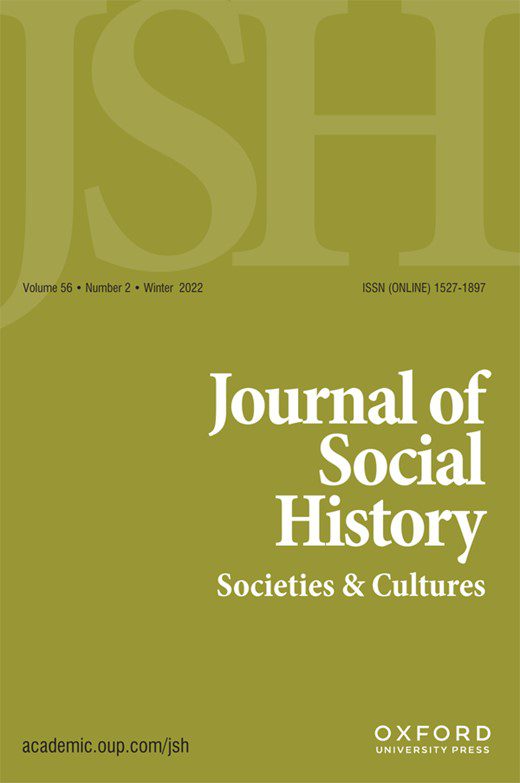

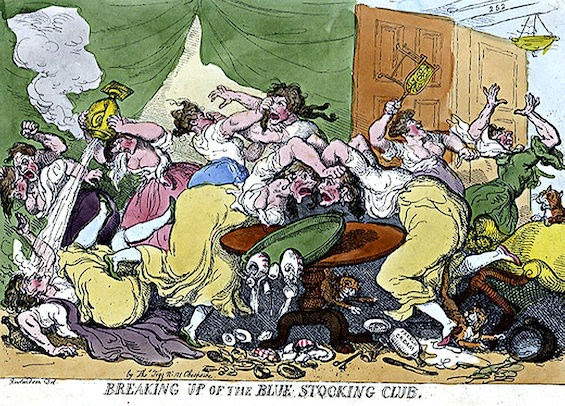
Thomas Rowlandson’s caricature of a bluestocking salon descending into chaos in the absence of male guardianship

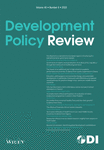
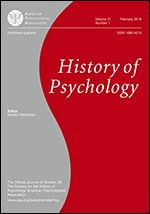
In the first decades of the 20th century, high hopes were raised of the adaptability of psychoanalysis into the pedagogical field. According to this new discourse, the possibilities of educational application became one of the most important research areas within the psychoanalytical community. However, several definitional and technical questions have remained unexplained. The aim of this article is to highlight the theoretical and methodological difficulties and opportunities regarding the concept of the so-called “psychoanalytically informed pedagogy” through the examination of the Malting House School, a unique and well-documented nursery in British educational history. This article focuses on Susan Isaacs’ educational practice from 1924 until 1927 and its connection with psychoanalytic theory. Isaacs’ critical reflections concerning her work at the Malting House School can offer a different perspective not just to the historical examination of psychoanalytic pedagogy, but generally to the scientific relationship between theory and practice. (PsycInfo Database Record (c) 2022 APA, all rights reserved)
